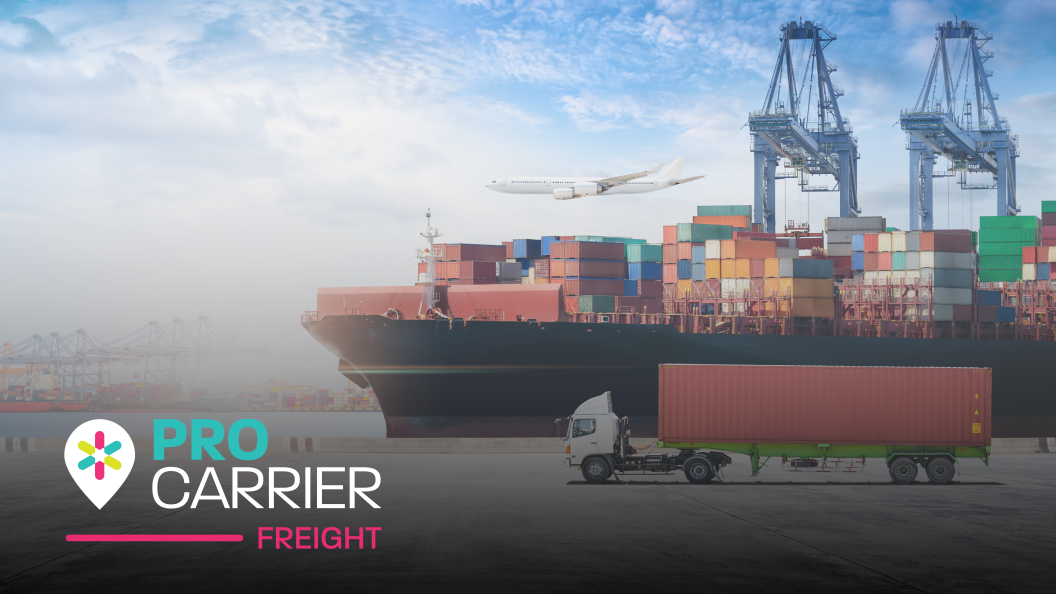If you’re selling export goods in China, a Certificate of Origin is vital. This document, often requested by buyers, doesn’t just validate what your products are and where they are produced, it will also save buyers a significant amount on import duties when shipping from China.
Find out what you need to know about Certificates of Origins, what they are, and why they are so important for sellers, with China used as the example.
Read our concise guide below for everything you need to know.
What is A Certificate of Origin?
A Certificate of Origin (COO) is a document that proves that the products you’re selling are actually from China. It’s an essential document for any importing business as it can help reduce or avoid tariffs and other penalties.
The Certificate of Origin will usually be issued by a commodity inspection agency at the point of origin (the State Commodity Inspection Bureau and the Council for the Promotion of International Trade in the case of China), but it can also be issued by the exporter themselves.
COO’s will cover a single shipment of goods and can be applied to more than one different type of product. It cannot exceed more than 20 products.
Certificate of Origin Template
There is no definitive style or format that a COO must follow, but whenever issued, usually by the exporter, any COO will include the same standard information.
See here a simple and easy to understand example of a Certificate of Origin form, including the information you will need to know when filling out your own COO.
When Do You Need A Certificate of Origin?
A Certificate of Origin should accompany almost every export shipment made under a Free Trade Agreement.
Many companies charge different tariff rates on goods from different countries. A Certificate of Origin certifies that the goods come from the country declared and therefore qualify for any applicable tariff concessions.
In other words, by including a Certificate of Origin with your goods, you can ensure your buyers receive the discounted tariff rates they are due whether they are based in the UK, EU, US or anywhere else.
By issuing your buyers with a Certificate of Origin yourself, you can save them a significant amount of time and hassle, and ensure their products leave port as quickly as possible. In other words, you position yourself as the go-to exporter of choice.
How to Obtain a Certificate of Origin
Step 1 - Find an Authorised Issuer
All applicants need to find a proper issuing authority. In the case of China, this will be from the offices of the General Administration of Quality Supervision, Inspection, and Quarantine of the People’s Republic of China (AQSIQ).
Some additional documents will be needed for the application process, especially if applying for the first time. You will need a completed registration form, business license, and all adequately filled-out related forms related to their shipments.
Step 2 - Complete The Forms
These forms provide essential details about the exporter, the business and the company. You only need to fill this document out once, and you can use it to get other COO’s processed any more times in the future.
Usually, you will want to be prepared and bring all the necessary forms along with you, documents such as:
- Foreign Trade Operator Registration Forms
- Organisation Code Certificates
- Power of Attorney for Declaration Personnel of Certification of Origin
- Formatting of the Mark of Origin
- Application Forms of the People’s Republic of China
- Proof of Place of Manufacturing
- Commercial Invoice of Exports
Step 3 - Provide Evidence Of Shipment Transactions
This proof or kind of evidence includes things like invoice copies, letters of credit, bills of lading and so forth. Take notice of the correct formats being required to ensure timely processing.
Step 4 - Examination Period
The examination will usually be completed within just a few business days (most commonly two working days) from its acceptance. A Certificate of Origin is then made and valid for up to one year from the date it was issued.
Proof of Certificate of Origin
There are several ways to prove that a Certificate of Origin is legitimate. One way is to have the authorised issuer stamp and sign the document. You can also provide evidence of your transactions, such as purchase orders, invoices, or shipping records.
How Much Does A Certificate of Origin Cost?
The cost of getting a Certificate of Origin from China varies depending on the issuing authority.
Typically, there is a fee for issuing the certificate, as well as a fee for each page.
Additional fees may also be charged for authentication or translation services. It’s always best to contact the issuing authority directly to get an accurate estimate of the total certification cost.
Conclusion
A Certificate of Origin is a vital document for verifying the origin of your goods and for helping your buyers to receive the correct tariff rates. It will also help them clear customs quicker and allow them to guarantee the quality of your products.
But there’s no need to wait for Chinese agencies to provide a Certificate of Origin themselves. By taking the initiative and issuing your own CO on behalf of your buyers, you can improve your customer service and position your company as an exporter of choice.
If you’re importing goods from China and are still unclear on the value or benefits of a Certificate of Origin, then we’re here to help. Our team are experts in importing goods from the Far East and can handle the entire process on your behalf. Contact us to find out more.



